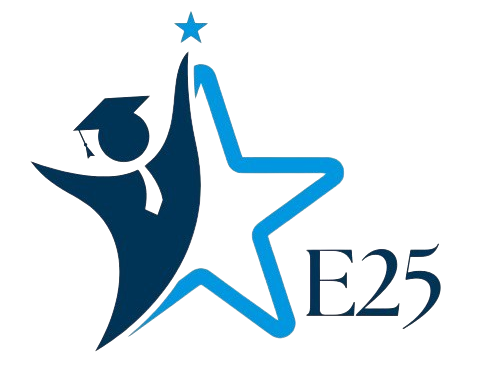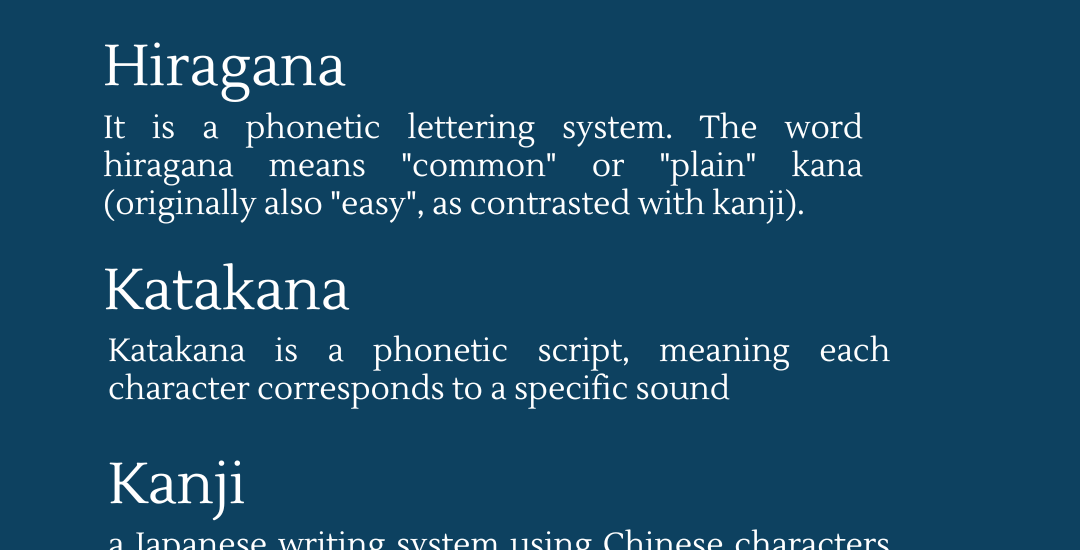Introduction
Learning Japanese opens doors to a rich culture, exciting job opportunities, and unforgettable travel experiences. Whether you’re a complete beginner or aiming for JLPT N1, choosing the right course matters. In this guide, we’ll explore the top Japanese language courses for every level — from beginner to advanced.
Best Japanese Language Courses for Beginners
1. JapanesePod101
A beginner-friendly online platform offering audio and video lessons with native speakers. It focuses on practical conversation skills, cultural tips, and essential grammar.
Key Features:
- Beginner to intermediate levels
- Audio, video, and PDF lesson notes
- Mobile app access
2. Duolingo Japanese
It is a free, gamified language learning app that introduces learners to basic vocabulary, grammar, and sentence structure through short, engaging exercises.
Key Features:
- Free and user-friendly interface
- Bite-sized, gamified lessons
- Great for daily consistency

3. Minato by The Japan Foundation
A structured online course platform offering self-paced and tutor-supported lessons, designed by professional Japanese teachers.
Key Features:
- JLPT-aligned courses
- Cultural and grammar-focused modules
- Certificates on completion
Intermediate Japanese Language Courses
1. Rosetta Stone Japanese
Perfect for learners looking to improve conversational skills and pronunciation using an immersive, image-based learning method.
Key Features:
- Speech recognition technology
- Immersive learning without translations
- Mobile-friendly platform
2. LingQ
Offers intermediate learners access to native content — podcasts, stories, and news — with interactive tools for vocabulary and grammar building.
Key Features:
- Real Japanese audio and texts
- Track vocabulary and progress
- Community features for support
Advanced Japanese Language Courses
1. Nihongo-Pro
A professional online Japanese school offering JLPT N2-N1 preparation, business Japanese, and conversation practice with certified native teachers.
Key Features:
- Live one-on-one and group lessons
- JLPT test preparation
- Business language modules
2. WaniKani
A Kanji learning platform ideal for advanced learners who want to master reading and writing with an efficient, spaced repetition system.
Key Features:
- Over 2,000 Kanji and 6,000 vocabulary words
- Mnemonic learning techniques
- Daily review system
Specialized Japanese Language Courses
1. Busuu Japanese
A well-rounded app combining vocabulary, grammar, and speaking practice with interactive dialogues.
Key Features:
- Personalized study plans
- AI-powered corrections
- Community speaking practice
2. Udemy Japanese Courses
Udemy offers a wide variety of Japanese courses for different needs — from JLPT preparation to conversational Japanese and business communication.
Key Features:
- Affordable, one-time payment
- Lifetime access to materials
- Flexible learning schedule
Conclusion
Whether you’re just starting with Hiragana or aiming to master Kanji and advanced grammar, there’s a Japanese course perfectly suited for your level and goals. From free apps like Duolingo to professional services like Nihongo-Pro, these platforms offer a flexible, practical, and engaging way to learn Japanese online.

FAQs
Q: What is the best Japanese language course for beginners?
A: JapanesePod101 and Duolingo are great starting points for beginners.
Q: Can I become fluent in Japanese through online courses?
A: Yes — with consistent practice, interaction with native speakers, and structured courses, fluency is achievable.
Q: Are there free Japanese language courses available?
A: Yes — Duolingo, Minato, and JapanesePod101 offer free beginner-friendly options.
Q: How long does it take to learn Japanese?
A: It typically takes 6 months to 2 years, depending on your learning pace, goals, and consistency.
Q: Which platform is best for JLPT preparation?
A: Nihongo-Pro and WaniKani are excellent for advanced JLPT exam preparation.
Q: Do I need to know Hiragana and Katakana before starting a course?
A: Yes, it’s highly recommended. Many Japanese courses assume basic knowledge of Hiragana and Katakana. Learning these two scripts first will make it much easier to follow lessons and understand grammar and vocabulary.
Q: Which Japanese course is best for kids or young learners?
A: Duolingo and JapanesePod101 are both kid-friendly, thanks to their interactive and engaging formats. For structured learning, LingoDeer also works well for younger audiences due to its gamified interface and bite-sized lessons.
Q: Are there any Japanese language courses with certification?
A: Yes — Minato (by The Japan Foundation) offers courses that provide certificates upon completion. Some Udemy and Coursera courses also offer certificates that you can include in resumes or LinkedIn profiles.
Q: Can I learn Japanese without a teacher?
A: Definitely. Many learners successfully study Japanese using self-paced courses, apps, YouTube channels, and language exchange apps. However, having a tutor can speed up your progress, especially for speaking and JLPT prep.
Q: How important is learning Kanji when starting Japanese?
A: While you can start speaking and understanding Japanese without Kanji, learning it gradually is essential for reading signs, menus, websites, and eventually mastering the language. Tools like WaniKani and Kanji Study make this process manageable.






